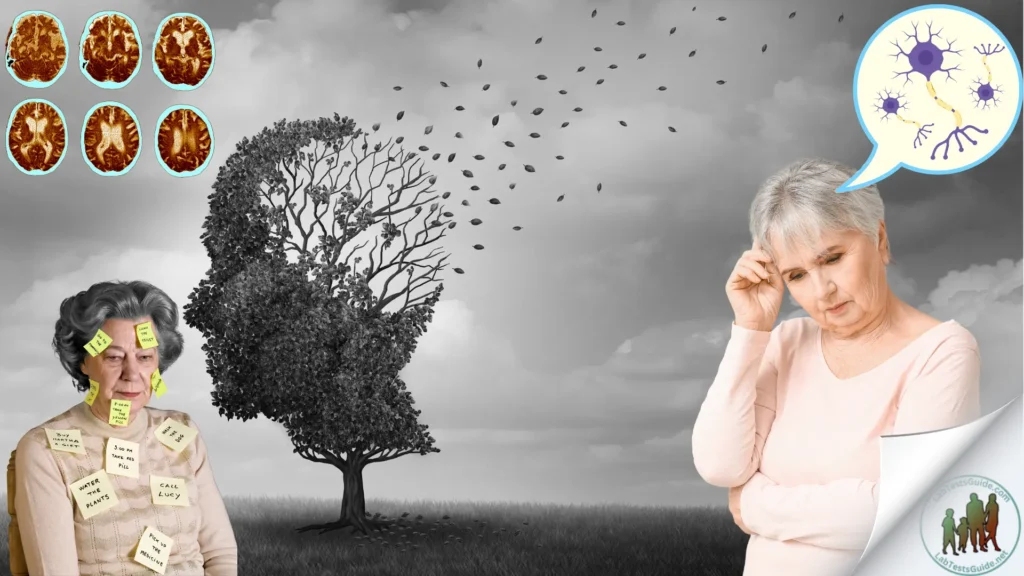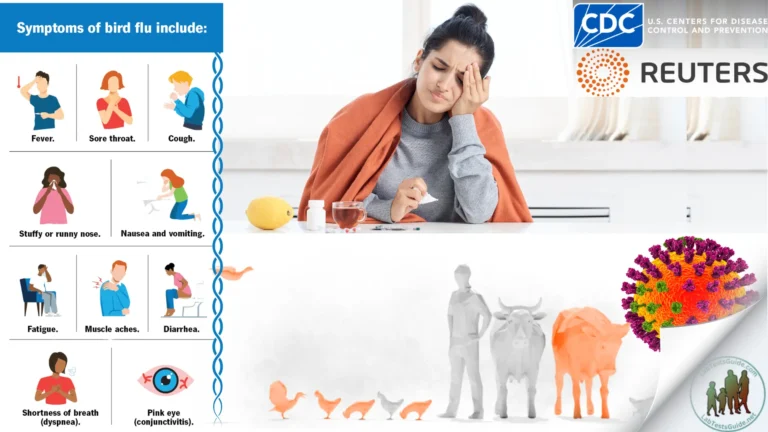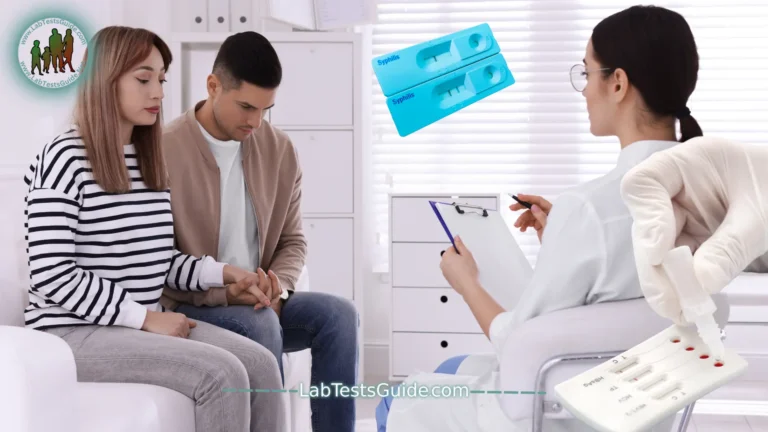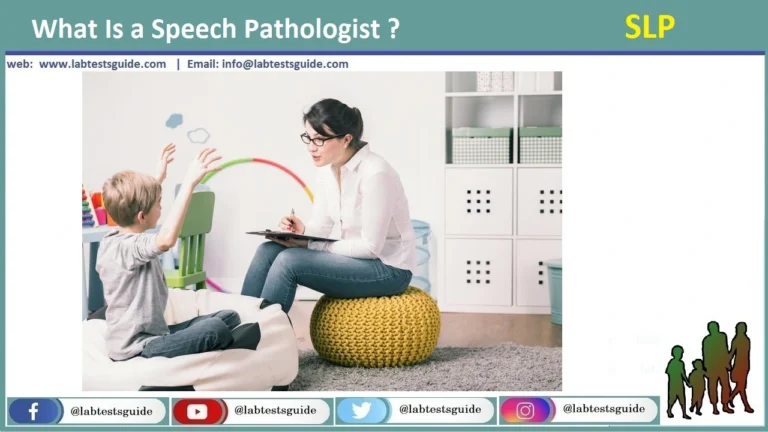A new study has investigated how quickly people with early Alzheimer’s disease will experience cognitive decline, offering hope for demystifying the prognosis for both patients and carers.

Researchers at Amsterdam University Medical Center have developed a prototype app that forecasts an Alzheimer’s patient’s projected mental decline over five years. The model, inspired by details gathered from nearly 1,000 patients, includes age, gender, cognitive test scores, MRI scans, and markers of disease activity found in cerebrospinal fluid.
“It gives a prediction that is really tailored to each individual person,” said Pieter van der Veere, a physician-researcher at Alzheimer Centre Amsterdam.
The app is currently being used for scientific research, with plans to develop a user-friendly version based on feedback from patients, family members, and professionals. The model is designed to predict the course of the disease over five years, addressing a common concern among newly diagnosed patients who often ask, “What can I expect now?”
“Previous research shows that people still want information about their prognosis, even if this information is uncertain. An app with our prediction model can therefore meet an important need,” van der Veere added.
Wiesje van der Flier, research director at Alzheimer Centre Amsterdam, explained that the model can also inform treatment options, helping doctors, patients, and families make informed decisions about lifestyle changes and medication use.
Published in the July 10, 2024, online issue of Neurology, the study also examined how new drugs for Alzheimer’s may reduce cognitive decline. The researchers analyzed data from 961 individuals with mild cognitive impairment or mild dementia, all of whom had amyloid-beta plaques in their brains.
The study found that the cognitive test scores of those with mild cognitive impairment declined from 26.4 to 21.0 over five years, while scores for those with mild dementia dropped from 22.4 to 7.8 in the same period. The models were useful in predicting the rate of cognitive decline, although there was some variability in actual scores.
For example, a hypothetical patient with mild cognitive impairment and a baseline score of 28 would reach moderate dementia (a score of 20) in six years. With medication that reduces decline by 30%, this stage would be reached after 8.6 years. Similarly, a patient with mild dementia starting at a score of 21 would reach a score of 15 in 2.3 years, or 3.3 years with treatment.
Van der Veere noted that the models could help answer important questions about quality of life and daily functioning, even though a confident prognosis remains challenging. The study highlights the potential for personalized prognoses to guide discussions about treatment options and improve patient care.
Ten million new cases of dementia are diagnosed each year, but the presence of different dementia forms and overlapping symptoms complicates diagnosis and treatment delivery. To address this, researchers developed a multimodal Machine Learning (ML) framework that accurately identifies specific pathologies causing dementia using commonly collected clinical data.
“Our generative AI tool enables differential dementia diagnosis using routinely collected clinical data, showing its potential as a scalable diagnostic tool for AD and related dementias,” said Vijaya B. Kolachalama, associate professor of medicine at Boston University.
By including a wide range of parameters, the model can produce tailored results that give patients and loved ones a better understanding of what to expect as the disease progresses. The researchers aim to refine their models further to improve accuracy and provide more reliable predictions in the future.
Refeences:
- Alzheimer’s app could be key for newly diagnosed patients: ‘Meets an important need.
- Can We Predict the Speed of Cognitive Decline in Early Alzheimer’s?
- Futurity: AI Can Diagnose 10 Types of Dementia.
- New Test Predicts Future Cognitive Decline in Alzheimer’s Disease
Possible References Used







